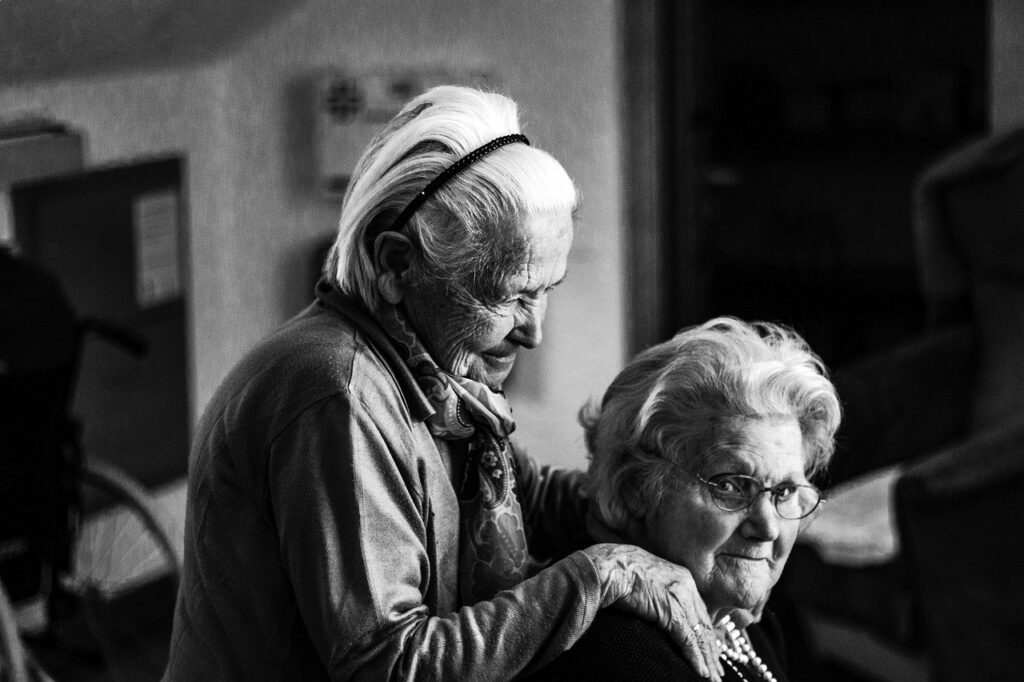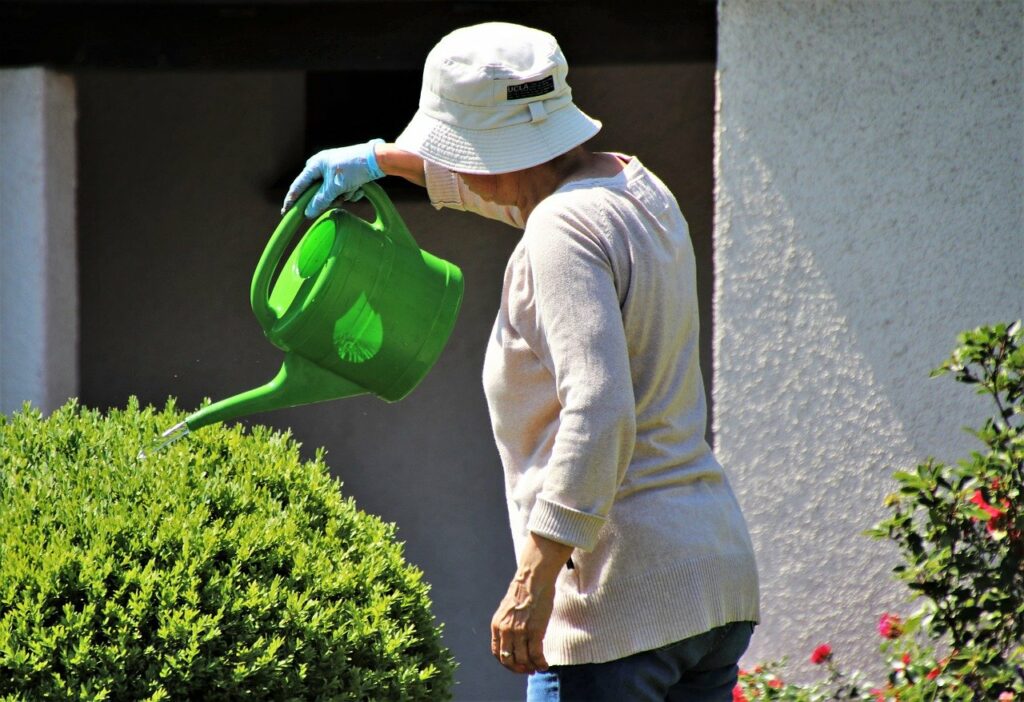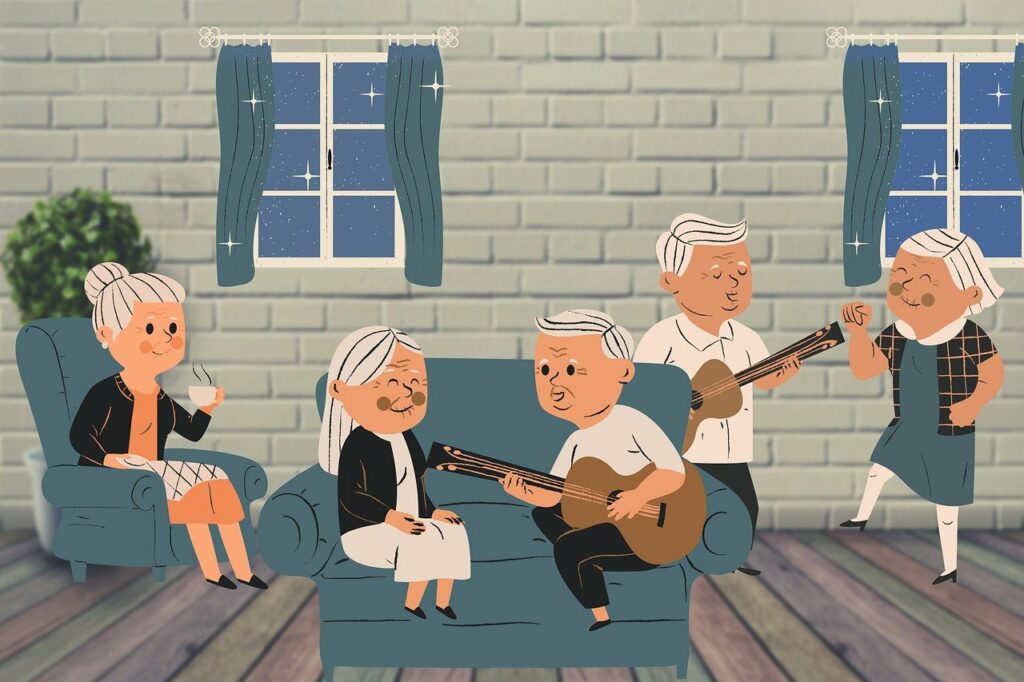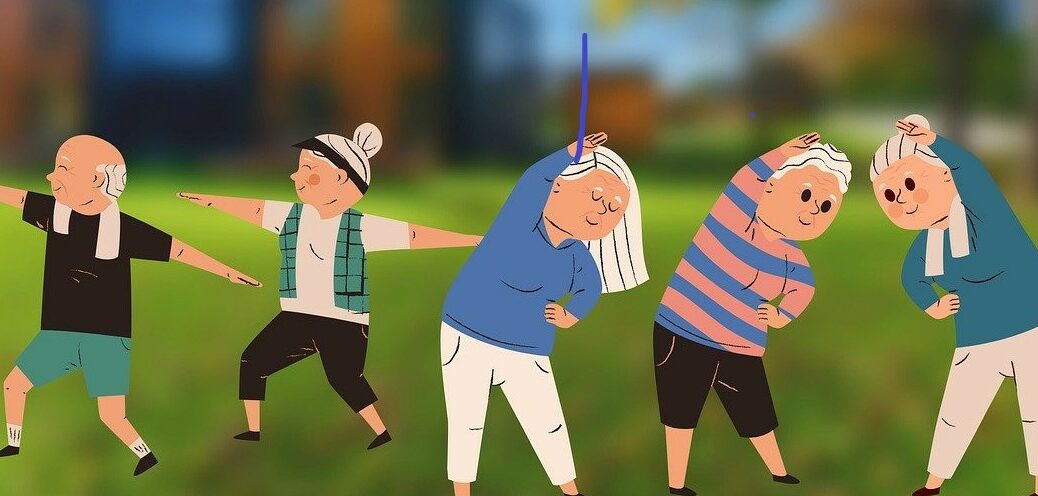Do Poles only care about themselves? I don’t believe that individualism is so important for us, and we wouldn’t like to change at least a little bit this model of life. There is a reason why in the description of our project we indicated in the first point that it is supposed to be an answer to loneliness and lack of social bonds. See how inspiring is the story of ladies who used the very idde of cohousing to create a small, helping community.
New Ground Cohousing
The community was established in London under the name New Ground Cohousing. It was formed by women in their fifties living alone. The oldest of them is now 87 years old! There are 25 private flats, 11 with one bedroom, 11 with two and 3 with three. There are also rooms that are used by all – a meeting room with a kitchen, a guest flat, an office and a laundry and drying room. The residents invite people from outside to join them for events and meetings. New group members may be recruited from these people in the future. It is important that they are people of different ages. You can find out more about life at ‘New Ground’ on the website.

The London Co-operative Model
The co-operative can be compared to a Polish housing cooperative, whose members are not only the women founders, who have the right to use the premises on the basis of a 250-year lease, but also a housing association (Housing for Women). The association has eight units at its disposal, which it provides under a social lease. Other NGOs were involved (also financially) in the process of setting up the cooperative at various stages. One of them financed the investment and then sold the right to the flats to the members, another gived the grant, thanks to which some of the flats are made available to social tenants. The residents of New Ground emphasise that they were not wealthy people. The final price for the flat was slightly lower than the price for a “normal” flat.
Such solutions would be difficult to apply in Poland, where a different model of housing policy is currently in place. However, the draft law (which I have written about before) provides for assistance to cooperatives, including in financial terms. I hope that this will be enough and that cooperatives will also develop faster in Poland.
Property management
It is carried out democratically. The residents try to reach a compromise when making important decisions. They also share the work – there are several teams dealing with the building, the garden, communal life and external activities such as membership and communication.

Challenges
Important from the point of view of cohousing group formation are the challenges that the London women encountered. For example, they rated working with an architectural firm as a frustrating exercise in powerlessness. On the one hand, the group participants had to understand many technical aspects of design and construction, and on the other hand, the architects had no experience of working with a large group. The women stressed that, in order to facilitate the discussions, they appointed representatives who worked with the design team and then the construction team.
It was also a difficult task to tame the new living model. For this they needed time, energy and consensus on shared values. Workshops for members led by professional trainers were helpful. These covered the topics of equality and diversity, consensus-based decision-making and conflict resolution. The members themselves also regularly address important topics such as mutual support, disability and dementia. The residents emphasise that it has now become natural for them to live together – weekly lunches, meetings in the café, casual conversations in the garden, parties and watching films together.

Recruiting new members
A constant challenge is to recruit new members, so that the community feels good with them and they feel good with the community, and so that the values developed do not weaken. Polish cohousing groups may also face a similar problem.
Polish solutions assume (although of course it cannot be ruled out that other models of cohousing will be created) that after the construction is completed, the members of the cohousing become the owners of the premises. A risk for the community may be the sale of the flat to a person who does not share the values of the current members. It is worth thinking about these risks at the outset and determining how residents will deal with such situations.
A similar risk may arise if the members of the co-op decide to sell or rent the premises to the municipality (the draft law assumes such a possibility, you can read more about it in the previous post). In such a case the municipality will be able to rent the flat to any person, not necessarily after consultation or with the consent of the cooperative. The cooperative should also think about such situations and try to regulate the procedure together with the municipality.
And more about loneliness
The members of New Ground show us that we don’t have to be passive and that we can choose a style of old age. Women have joined forces and planned their future. This is a beautiful initiative, and also useful. Lack of social contact can affect our health and increase the cost of medical care. It can also increase the need for social care. It is also because of the need to reduce such costs that I hope that local authorities will get involved in promoting cohousing.
In writing the article I used information available on the New Ground and NaCSBA websites.
